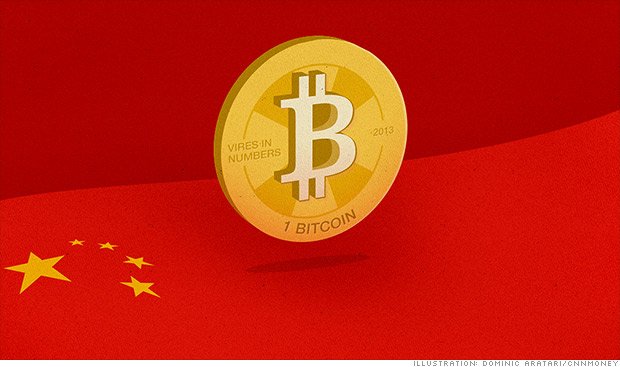Argentina has restricted online shopping as part of efforts to stop foreign currency reserves from falling any further.
According to new conditions, anyone buying items through international websites will now need to sign a declaration and produce it at a customs office, where the packages have to be collected.
The procedure will need to be repeated for every new purchase.
Argentina’s reserves of hard currencies dropped by 30% last year.
The government of President Cristina Fernandez de Kirchner has introduced a number of restrictions on transactions with foreign currency.
Items imported through websites such as Amazon and eBay are no longer delivered to people’s home addresses. The parcels need to be collected from the customs office.

Argentina has restricted online shopping as part of efforts to stop foreign currency reserves from falling any further
Individuals are allowed to buy items up to the value of $25 from abroad tax free every year, but it has been hard for custom officials to keep accurate records of consumers’ transactions.
Once the $25 level is reached, online shoppers in Argentina need to pay a 50% tax on each item bought from international websites.
The government hopes that new declaration will make it easier for customs officials to enforce the import tax.
New currency controls were introduced a week after Cristina Fernandez de Kirchner was re-elected in 2011.
Among the restrictions introduced more recently was a 35% tariff on credit card transaction abroad.
Despite the government’s efforts, Argentina’s reserves are now below $30 billion – their lowest level since 2006.
Currency controls, which were common in most countries until the mid-1980s were dropped in Argentina in 1991. Finance Minister Domingo Cavallo pegged the local currency, the peso, to the dollar.
The plan collapsed 10 years later, when the government was forced to devalue its currency.
Argentina eventually froze bank accounts and defaulted on its debts. It has since struggled to attract foreign loans at market rates.
China has banned its banks from handling Bitcoin transactions.
The ban came in a notice issued by the People’s Bank of China, financial watchdogs and the nation’s IT ministry.
Bitcoins are a “virtual good”, have no legal status and should not be used as a currency, it said.
The decision comes after bitcoins’ rapid rise in value was called a “bubble” by Alan Greenspan, former US Federal Reserve chairman.
The ban was imposed because bitcoins were not backed by any nation or central authority, said the notice.
It added that it was planning to step up its efforts to curb the use of bitcoins to launder cash.

China has banned its banks from handling Bitcoin transactions
Individuals were still free to trade in bitcoins but should be aware of the risks involved, said the People’s Bank of China (PBOC), adding that it planned to formalise the regulation of exchanges that dealt in the digital cash.
Experts told Reuters the PBOC was moved to make its decision because Chinese nationals were heavily involved in trading the virtual currency. Many believe this is because it helps them avoid controls on trade in the yuan.
The value of bitcoins traded on Chinese exchanges fell after the announcement was made.
Interest in the virtual currency has seen its value soar in recent weeks.
On November 28, the value of one Bitcoin surpassed $1,000 for the first time.
The swift rise in value led Alan Greenspan to say the exchange rate for the virtual currency was “unsustainably high” in an interview with Bloomberg.
“It’s a bubble,” he said, going on to question the financial value people had pinned on Bitcoin.
“You have to really stretch your imagination to infer what the intrinsic value of Bitcoin is,” he said.
“I haven’t been able to do it. Maybe somebody else can.”
India’s rupee has hit a record low against the dollar despite recent efforts to prop-up the currency.
On Wednesday India’s central bank put further restrictions on the amount of money that companies and individuals can send out of the country.
That had little impact and the rupee fell to 62.03 to the dollar, below its previous low of 61.80 hit on August 6.

Rupee has hit a record low against the dollar despite recent efforts to prop-up the currency
Overseas investors have been pulling money out of Indian shares and debt on concerns over the economy.
According to official data, international investors withdrawn $11.58 billion in shares and debt from India’s markets since the beginning of June.
India’s economy had been growing at a fast clip, reaching annual growth of 9%.
In recent months, it has seen a sharp decline largely because of a slowdown in its manufacturing and services sectors.
“There is a complete lack of faith in the markets. There are fears that the RBI [Reserve Bank of India] measures may not help improve the rupee,” said Param Sarma, chief executive with NSP Forex.
[youtube kuqWlyIcN4A]



